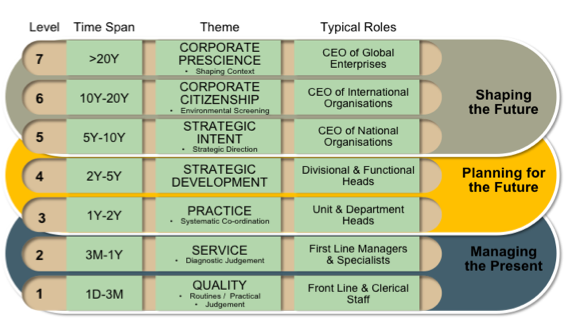Do your employees make ‘good’ decisions?
We all know the consequences of making a bad decision at work – wastage of time, resources, money and reputation.
We also know that decision-making is an integral part of organisational life. Every day requires employees, managers and leaders to make decisions and the more effective their decision-making the more successful they and the organisation will be.
The Importance of Decision-Making in the Workplace
Being able to effectively make decisions in the workplace can make you a better leader and have a number of positive benefits for both yourself and your organisation as a whole. Most people make numerous decisions every day, so knowing why decision making is important and how to improve your decision-making process may improve your overall work productivity and satisfaction. This article explains why it’s important to know how to make good choices, key factors that are influenced by good decision-making, and tips on how to improve your decision-making skills.
Decision-Making and Levels of Work
At BIOSS we look at decision-making in the context of 7 Levels of Work (LOW). Each level differs in terms of its complexity, as well as the decision-making capability requirements.

For example for employees who work in Quality roles (Front Line and Clerical Staff), decisions are made in the context of little to no uncertainty where most if not all the information to make a good decision is available.
In contrast when CEOs make decisions they do so in the context of great uncertainty and complexity, and in order to make a ‘good decision’ they rely of their use of judgment and insight rather than known data, detailed knowledge, skill, experience and prescription.
The implication of the Levels of Work model is that the different levels require different decision-making capabilities. Thus from a selection perspective if you place an employee with the decision-making capability associated with the Quality theme of work into a Service role, then that individual is unlikely to make effective decisions, as the uncertainty and complexity will be too great. The consequences will likely be poor decision-making and low levels of engagement (flow) and performance.
So how do you ensure that your employees will make good decisions?
At BIOSS SA we make use of a number of capability tools to achieve this. Our capability products, namely the Career Path Appreciation (CPA), Modified Career Path Appreciation (MCPA) and the IRIS are interview methodologies that allow us to determine an individual’s decision-making capability. At the conclusion of these assessments we are therefore able to determine at which Level of Work the individual will be engaged, experience ‘flow’ and make ‘good’ decisions both now and in the future.
These products therefore enhance the quality of decisions made at all organisational levels and ensure the right people are in the right roles at the right time.
For more information on our capability tools and how to optimise decision-making in your organisation contact: edacenquiries@edacen.com.
Latest Blogs
- The Role of Psychometric Assessments in Employee Selection and Development: A Scientific Approach
- An Introduction to Requisite Organisation (RO) and Levels of Work (LoW)
- Judgement in Uncertainty
- Organisational Design: Myths and Best Practice
- Creating leadership signature: Importance of supporting a transition
